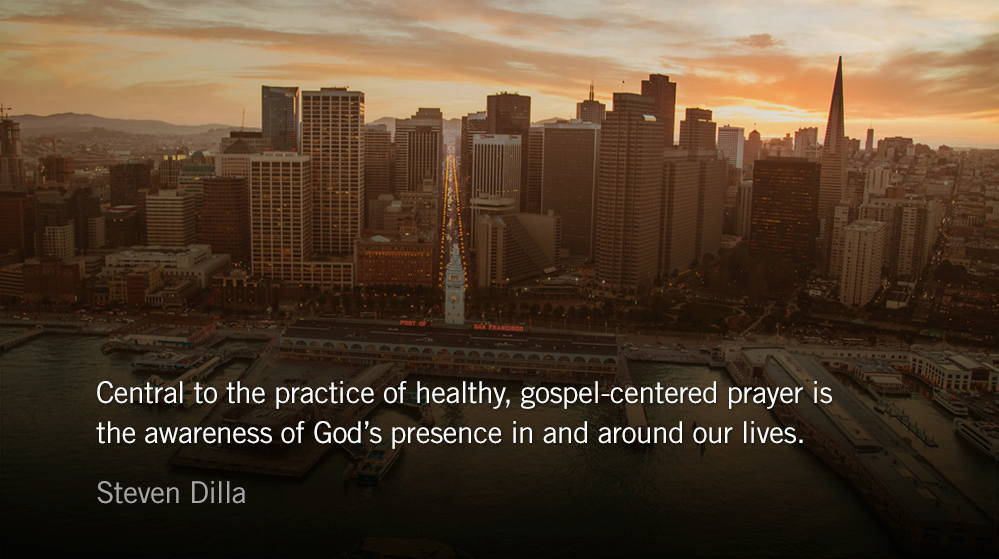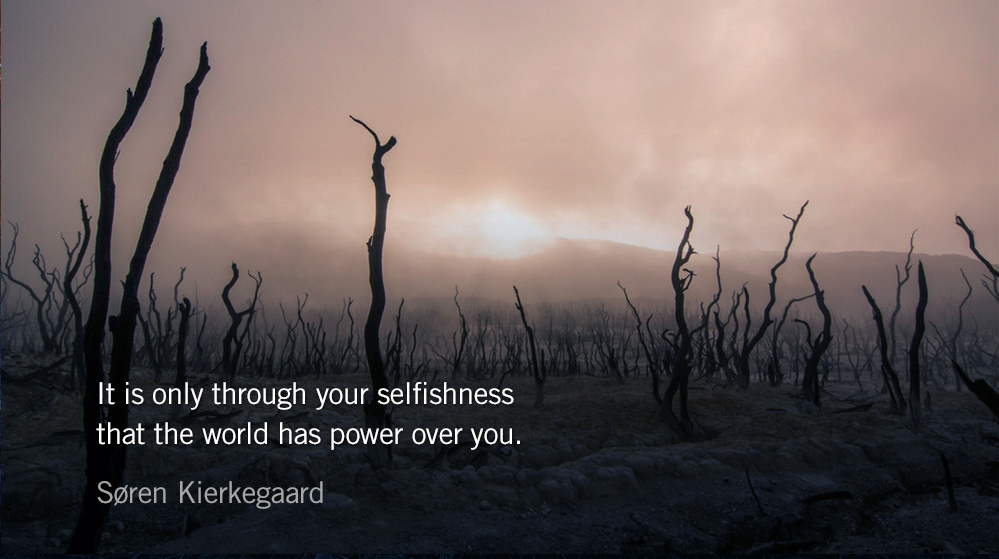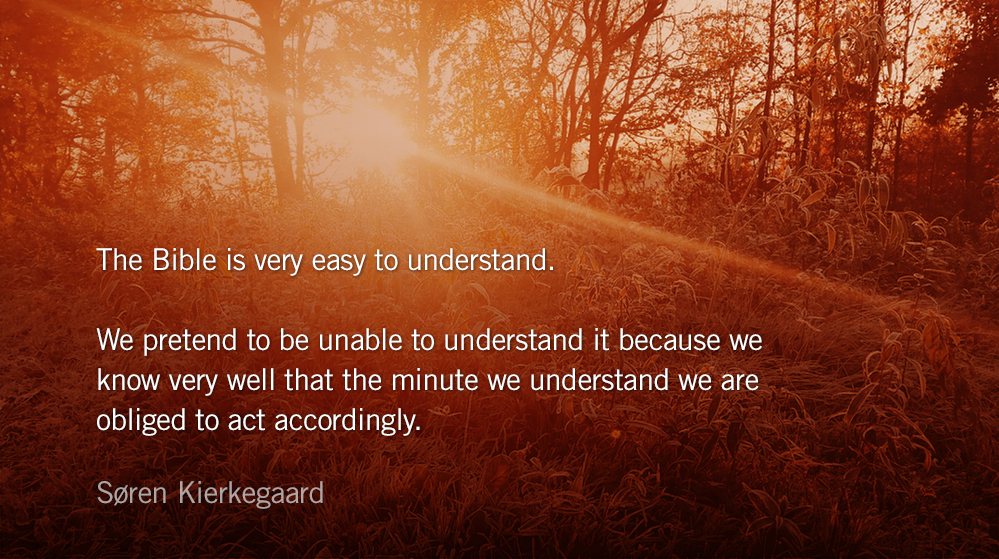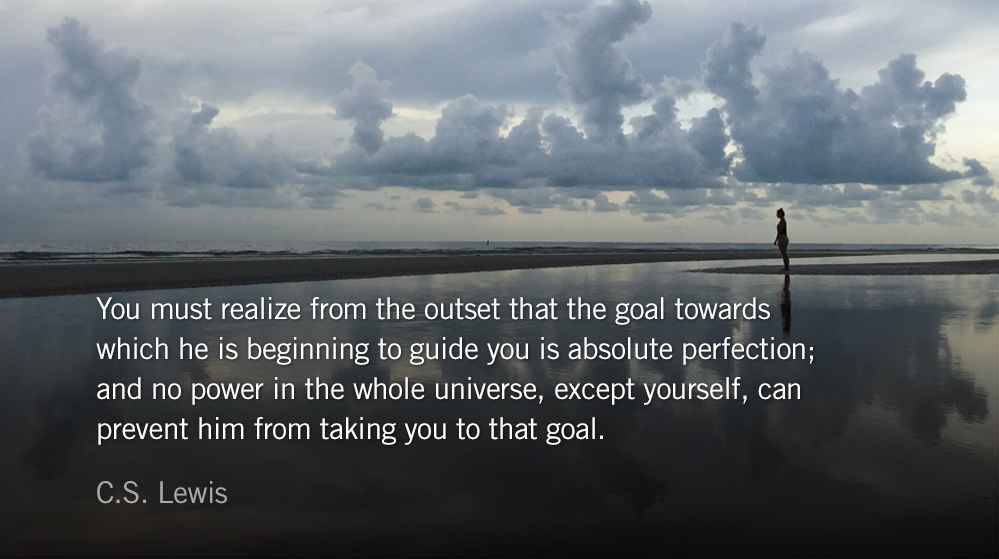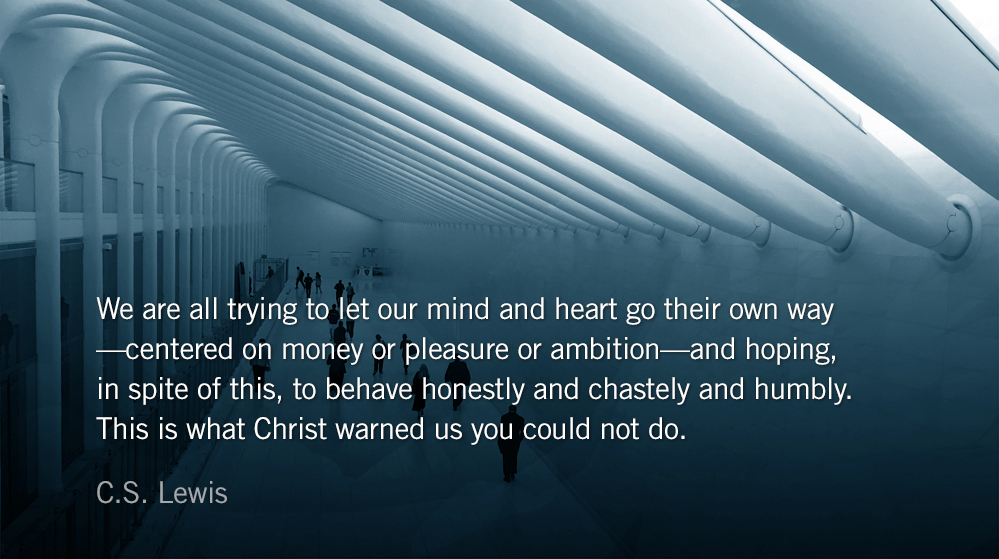The infallible test of spiritual integrity, Jesus says, is your private prayer life.
― Timothy Keller
Lenten Reflection: Prayer for Busy People
The Park Forum
How can you spot the difference between a thriving prayer life and a moralistic or legalistic prayer life? Timothy Keller contrasts these two views, for which he uses the shorthand gospel vs. religion, by observing:
Religion: My prayer life consists largely of petition, and it only heats up when I am in a time of need. My main purpose in prayer is control of the environment.
Gospel: My prayer life consists of generous stretches of praise and adoration. My main purpose is fellowship with God.
Central to the practice of healthy, gospel-centered prayer is the awareness of God’s presence in and around our lives. However, the busier our lives become the more difficult identifying God’s presence can be.
This is not a new problem, when Saint Ignatius of Loyola developed a work called The Spiritual Exercises in 1522-1524 C.E. One of the enduring prayers from this work, the Prayer of Examen, was designed to be prayed even when the necessities of life made other forms of prayer impossible.
Today we give you an adapted version of the prayer. For a fuller explanation of the prayer download Prayer of Examen (PDF).
1. Recall You Are In The Presence Of God
As you sit in silence, renew your awareness of God’s love for you as your one true and perfect Father.
2. Review Your Day With Gratitude
Review your day (or the previous day) from beginning to end. Identify and give thanksgiving for God’s presence throughout.
Process your day’s high and low points. Search for encounters and experiences where you showed grace and your heart was at peace, and those where you did not. Is there anything God is asking me to (1) start doing, (2) stop doing, (3) start believing or thinking, (4) stop believing or thinking, (5) to commit to, (6) or to stop committing to?
3. Renew The Gospel In Your Heart And Life
As you recall actions you’ll find yourself naturally thankful where you have lived a holy life and naturally convicted where you have not. The good news (gospel) is that, although you are guilty and unworthy, through Christ you are fully accepted and loved.
4. Look Forward With The Lord’s Prayer
Our Father in heaven, holy is your name. Your kingdom come, your will be done on earth as it is in heaven. Give us today our daily bread. Forgive us our debts, as we have forgiven our debtors. And lead us not into temptation, but deliver us from evil. Amen.
The Call to Prayer
Love the Lord, all you who worship him; the Lord protects the faithful, but repays to the full those who act haughtily. — Psalm 31:23
– From The Divine Hours: Prayers for Springtime by Phyllis Tickle.
Full prayer available online and in print.
Today’s Reading
Exodus 31 (Listen – 2:32)
John 10 (Listen – 4:44)


